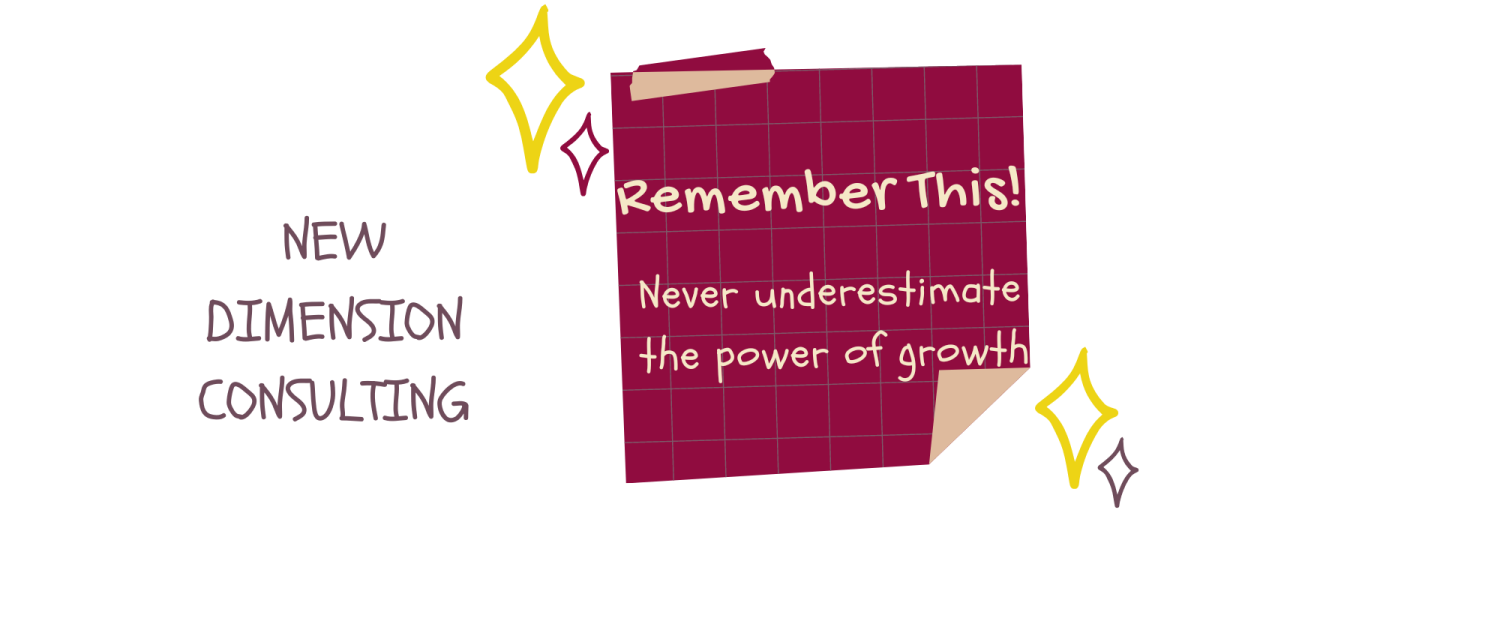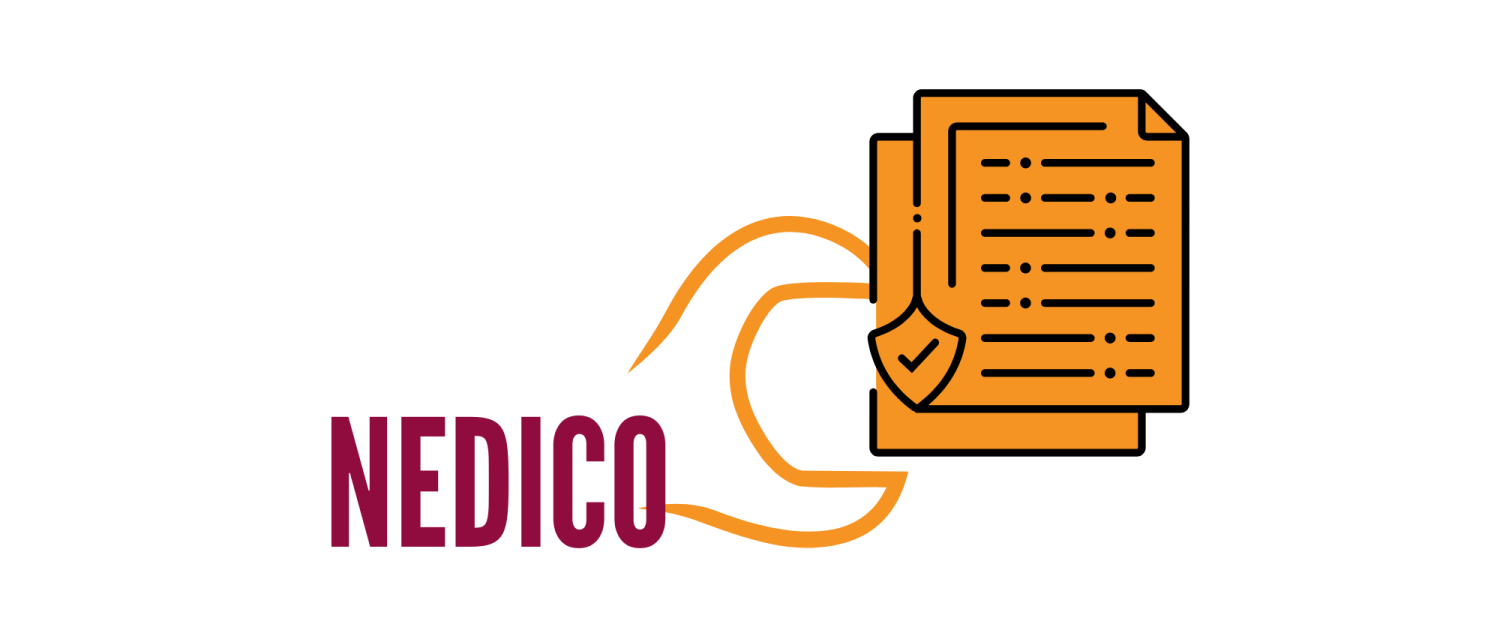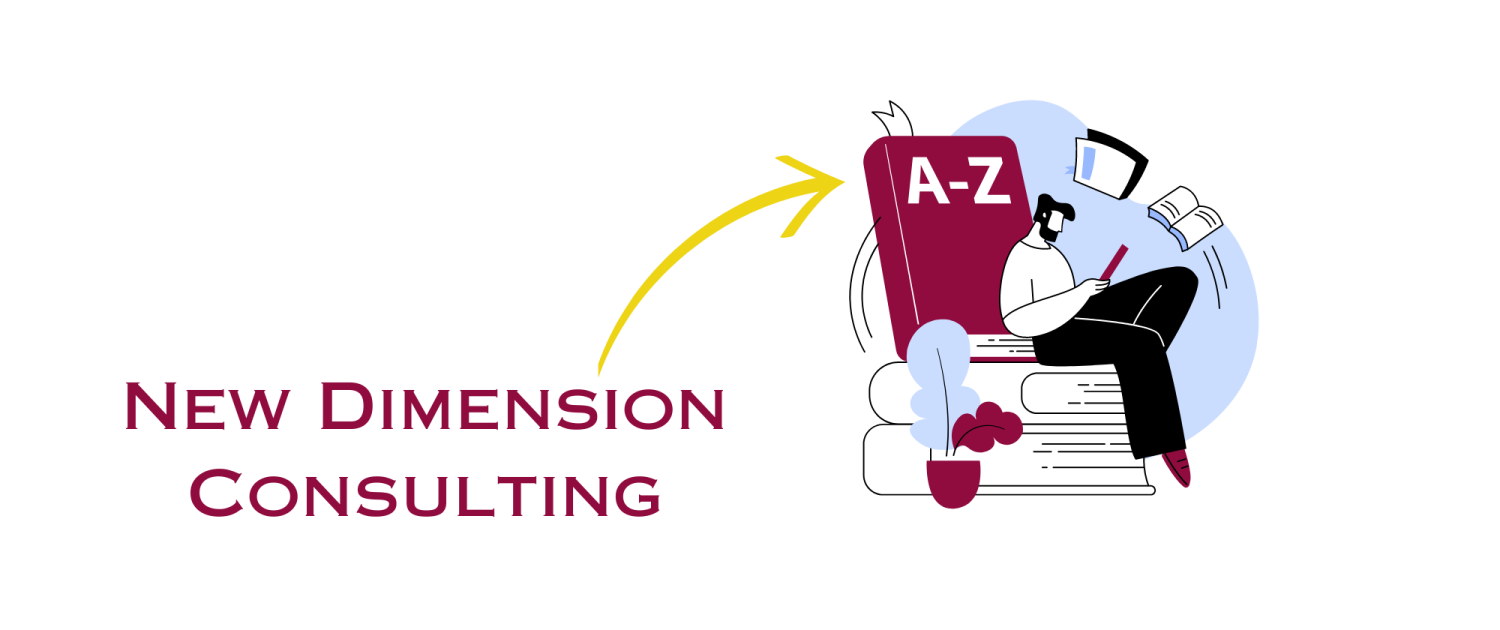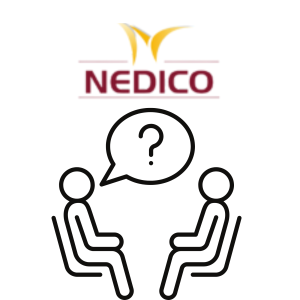Case Studies
Unlock the Success Stories:
Dive into a treasure trove of real-world challenges and triumphant solutions that have shaped industries. Our exclusive collection of case studies is a testament to the power of collaboration.
Gain insights into how we’ve partnered with businesses of all sizes to create remarkable outcomes. As our esteemed client, you’ll have the golden key to unlock these success stories and learn from their journeys. Ready to be part of the next chapter? Connect with us and discover the possibilities we can create together.
Whitepapers
Knowledge Delivered to Our Partners:
Elevate your understanding and strategy with our curated collection of whitepapers, a vault of industry insights available exclusively to our valued clients. Our consultants pour their expertise into these documents, exploring trends, uncovering opportunities, and dissecting challenges.
By joining hands with us, you’ll gain access to this wellspring of knowledge, arming yourself with the tools to navigate the complexities of your industry. Take the first step towards becoming a part of this select circle by reaching out to us.
Webinars
Front-Row Pass to Expertise:
Imagine having a front-row seat to thought-provoking discussions and illuminating insights from industry experts. Our webinars offer just that, and they’re reserved solely for our esteemed clients. Stay ahead of the curve as we delve into emerging trends, dissect strategies for success, and engage in conversations that matter.
Your participation isn’t just attendance; it’s an active involvement in shaping the future. Curious to join the conversation? Get in touch to explore the exclusive benefits that await you.
Tools & Templates
Empowering Our Collaborators:
Welcome to the toolkit that empowers your journey towards excellence. Our suite of specialized tools and templates has been meticulously crafted to optimize your operations and amplify your outcomes. Exclusively available to our clients, these resources are designed to streamline processes, enhance decision-making, and drive growth.
As a collaborator with us, you’ll have the privilege of accessing these resources, turning challenges into opportunities. Ready to take your endeavors to the next level? Let’s initiate a dialogue and explore how we can create a transformative partnership.
Frequently Asked Questions (FAQs)
Q1: What services does NEDICO provide?
A: NEDICO offers a wide range of services including Monitoring & Evaluation, Applied Research, Programme Design, Programme & Project Management, Database Development/Management, Website Development, GIS Mapping, Strategic Planning, Capacity Building, Policy Formulation, Institutional Development, and Logistics.
Q2: How can Monitoring & Evaluation benefit my organization?
A: Monitoring & Evaluation helps organizations assess the progress and effectiveness of their projects or programs. It provides valuable insights into the achievement of objectives, identifies areas for improvement, and supports evidence-based decision-making.
Q3: What is the importance of strategic planning?
A: Strategic planning is crucial for organizations as it enables them to define their long-term goals, develop action plans to achieve those goals, and allocate resources effectively. It helps organizations stay focused, adapt to changing environments, and achieve sustainable growth.
Q4: How can GIS mapping be useful for my business?
A: GIS mapping allows businesses to visualize and analyze geographic data, enabling better decision-making. It helps identify patterns, trends, and relationships, facilitates location-based analysis, and supports planning, marketing, and resource management activities.
Q5: What is capacity building, and why is it important?
A: Capacity building involves enhancing the knowledge, skills, abilities, and resources of individuals, organizations, or communities. It is important because it enables organizations to improve their effectiveness, efficiency, and sustainability. Capacity building fosters growth, empowers individuals and teams, enhances organizational performance, and enables organizations to tackle challenges and achieve their goals.
Q6: How can NEDICO assist in policy formulation?
A: NEDICO has expertise in policy formulation and can provide support in various aspects. We conduct research, analyze existing policies and practices, engage stakeholders, and assist in drafting comprehensive policies or guidelines. Our goal is to ensure that policies are well-informed, aligned with organizational objectives, and meet the needs of our clients.
Q7: What is the role of database development/management in organizations?
A: Database development/management plays a critical role in organizations by providing a structured and organized approach to storing, managing, and retrieving data. It enables efficient data storage, allows for easy data analysis and reporting, supports decision-making processes, and facilitates data-driven strategies. Our consulting firm specializes in designing and managing databases that are tailored to the unique requirements of each organization, ensuring secure and reliable data management.
Q8: How can NEDICO support organizations in program and project management?
A: NEDICO offers comprehensive program and project management services to support organizations in achieving their goals. We have experienced professionals who excel in planning, executing, and controlling projects or programs. Our expertise includes defining project objectives, developing detailed project plans, managing resources and stakeholders, monitoring progress, mitigating risks, and ensuring successful project delivery. We employ proven methodologies and best practices to ensure efficient project management and desired outcomes.
Q9: Can you explain the process of website development?
A: Website development involves several steps. First, we work closely with our clients to understand their requirements, target audience, and desired functionalities. Then, our team of experienced web developers will design the website’s layout, structure, and user interface. We employ industry-standard coding languages and technologies to build a responsive and user-friendly website. Content creation, including text, images, and multimedia, is carefully integrated to engage visitors and convey the desired message. Throughout the process, rigorous testing and quality assurance measures are employed to ensure the website’s functionality, compatibility, and security. Our aim is to deliver a visually appealing, intuitive, and fully functional website that meets our clients’ specific needs and goals.
Q10: What are the benefits of engaging NEDICO for institutional development?
A: Engaging our consulting firm for institutional development brings several benefits. We specialize in enhancing the capacity, performance, and sustainability of organizations. Through a systematic approach, we assess the strengths and weaknesses of the organization, identify areas for improvement, and develop tailored strategies and interventions. Our expertise includes optimizing governance structures, streamlining operational processes, fostering a culture of innovation and continuous improvement, and enhancing overall organizational effectiveness. By partnering with us, organizations can strengthen their foundations, increase efficiency, and achieve long-term success.








